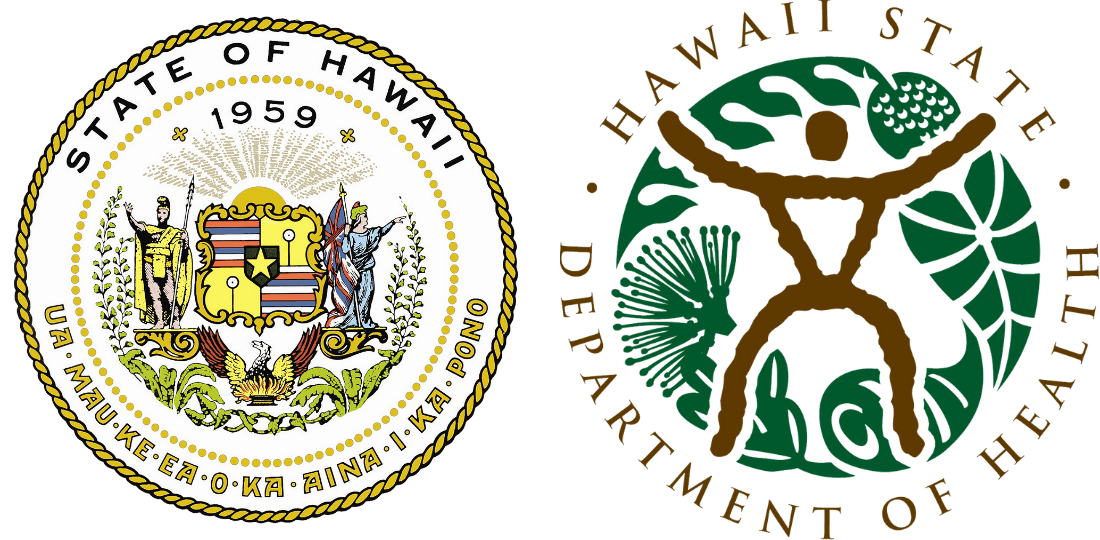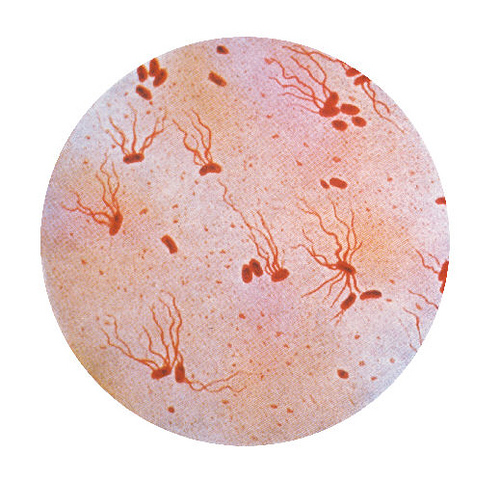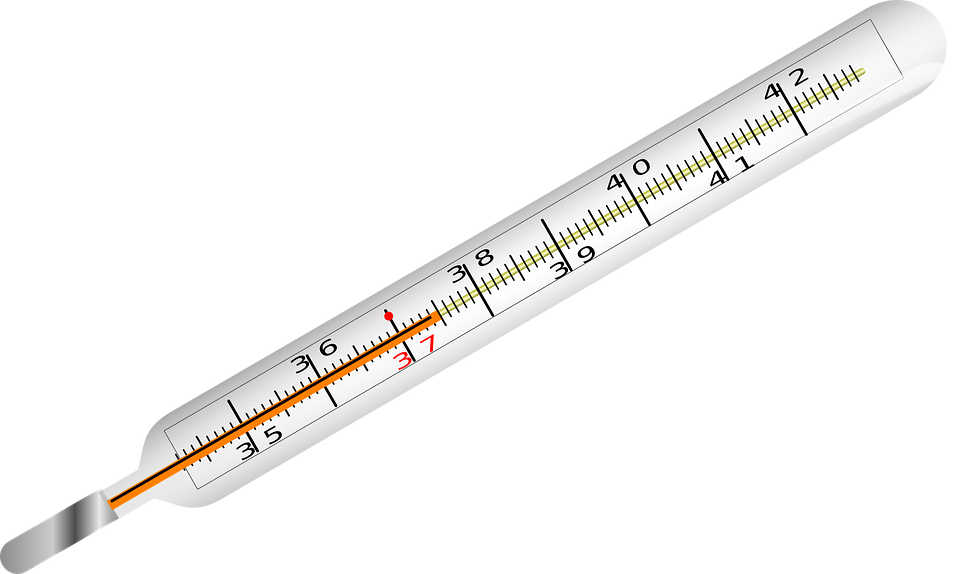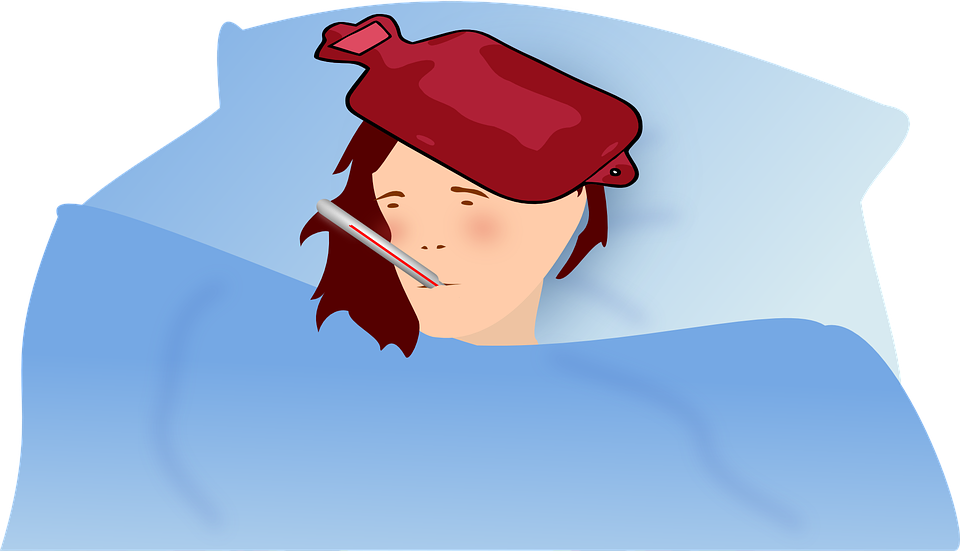Typhoid Fever
Report a Case
Disease Reporting Line:
(808) 586-4586
Signs and Symptoms
Typical symptoms include sustained fever, headaches, diarrhea (uncommon) or constipation, fatigue, loss of appetite, and rose-colored spots on the body. The symptoms can be mild or very severe. The symptoms usually begin 8–14 days after infection with the bacteria, but can range from 3–60 days. The beginning of illness depends on the size of the infecting dose and may vary widely among different people.
Transmission
People are the only source of this disease. You can get typhoid fever by eating or drinking food or water contaminated by someone with Salmonella Typhi. These bacteria are shed in the stools and urine of infected people. Typhoid fever is a major problem in many developing countries where shellfish is harvested from sewage-contaminated waters and where fruits and vegetables are fertilized with human waste. Flies can move the bacteria onto food, especially when garbage and feces are not disposed of properly. An infected person can be contagious to others from several days to several years. About 2 to 5 percent of people who get typhoid fever go on to become long-term carriers of the bacteria.
Diagnosis
Other bacteria and viruses can cause similar illness. Your doctor can order tests to detect Salmonella Typhi bacteria in blood and stool.
Treatment
Antibiotics can be prescribed to treat typhoid fever. People with this illness may require hospitalization.
Risk in Hawaii
Typhoid fever is uncommon in industrialized regions such as the United States. Typhoid Fever is rarely reported in Hawaii, and many infections are linked to travel to foreign countries.
Prevention
- People diagnosed with typhoid fever or ill with diarrhea should stay home from work or school. Ill persons and their close contacts who work in food handling, health care, or child/ elderly care, must get permission from their doctor and the Hawaii State Department of Health before returning to work. Infected people in other occupations who are not having diarrhea may return to work, but they must wash their hands often, especially after using the toilet.
- Avoid high-risk food and drinks when traveling to the developing world: Raw vegetables and salads and fruits that cannot be peeled; Drinks with ice, or ice cream; Food from street vendors; Tap water and foods that are not thoroughly cooked and served hot.
- Get vaccinated before traveling to foreign areas where typhoid fever is common.
- Wash your hands carefully after using the toilet and especially before preparing or eating food.
- Do not eat raw shellfish (clams, oysters, mussels, crabs, etc.) gathered from areas where water is contaminated. Boil or thoroughly cook all shellfish.
- Do not drink from any untreated water supply (streams, lakes, ponds, etc.). Boil or chemically treat drinking water if you are not sure it is safe.
Information for Clinicians
Typhoid Fever is an URGENT CATEGORY notifiable* condition and must be reported by phone. If a clinician suspects chikungunya in a patient, they should contact the Hawaii Department of Health.
Disease Reporting Phone Numbers (24/7)
Oahu (Disease Investigation Branch): (808) 586-4586
Maui District Health Office: (808) 984-8213
Kauai District Health Office: (808) 241-3563
Big Island District Health Office: (Hilo) (808) 933-0912
Big Island District Health Office: (Kona) (808) 322-4877
After hours on Oahu: (808) 600-3625
After hours on neighbor islands: (800) 360-2575 (toll free)
*Must be reported by telephone as soon as a working diagnosis is made, followed by a written report submitted by mail or fax within 3 days.
For more information: Typhoid Fever Information For Healthcare Professionals – Centers for Disease Control and Prevention (CDC)
Last Reviewed: June 2024



